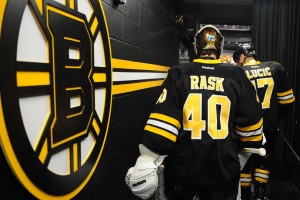If there’s anything guaranteed in life aside from breathing, death, and taxes, it’s that the United States and Canada will almost be penciled in to compete for the title in international women’s hockey. The only time since 1990 did the United States and Canada not play for gold was at the 2006 Olympics, when Sweden upset the U.S. 3-2 in a shootout in the semifinals. Hockey hasn’t seen this level of dominance on the international stage since the Soviet teams of the 1970’s and 1980’s.
With the 2014 women’s Olympic tournament beginning Saturday, here’s a preview of what teams are expected to pose the biggest challenge to the United States and Canada.
Russia
The Russians got the good end of the draw being in Group B. Should the host nation take care of business and avoid the Big 2 in the quarters, they will have the ability to ride the momentum of the host nation going into the semifinal. Currently ranked fourth in the world, they will be led by Yekaterina Smolentseva. She is appearing in her fourth Olympics, and the forward has been their leading scorer at many international tournaments including three straight World Championships. In three previous Olympics, she has seven points in 15 games.
Finland
Despite being ranked third in the world, they are placed in Group A with Canada and the U.S. To make their schedule even tougher, they will have their first game against the Americans Saturday and Canada two days later. They have never finished lower than fourth at the Olympics or World Championships, and this could be their shining moment to crack into the top two. Their ace in the hole is goalie Noora Raty of Minnesota. She was a finalist for the Patty Kazmeier Award and also helped upset the U.S. at the 2013 Four Nations Cup.
Sweden
Aside from Russia, the Swedes are the favorites to come out of Group B. They aren’t as strong as the team that claimed Silver in 2006, but they do return four players from that roster. The Swedes and Fins are the only nations outside the Big 2 who win a medal at the Olympics. Their biggest concern is trying to avoid one of the powerhouse teams in the knockout stage when Group A teams take on Group B teams.


